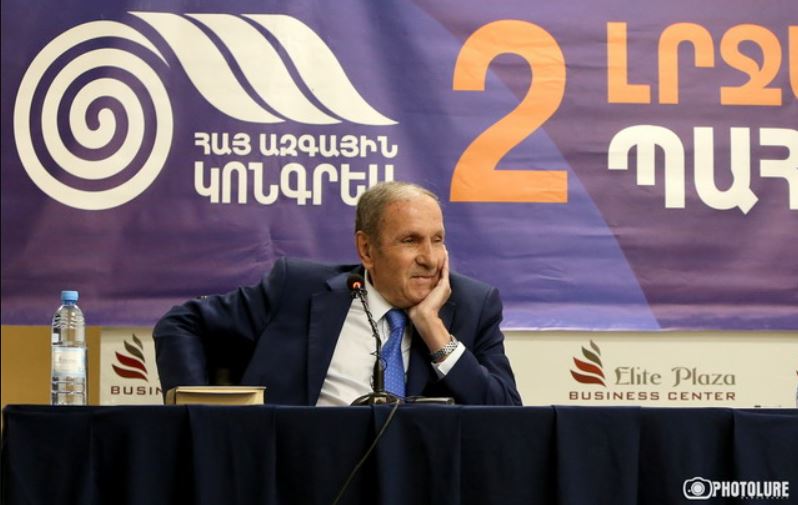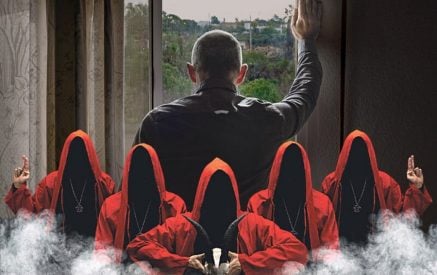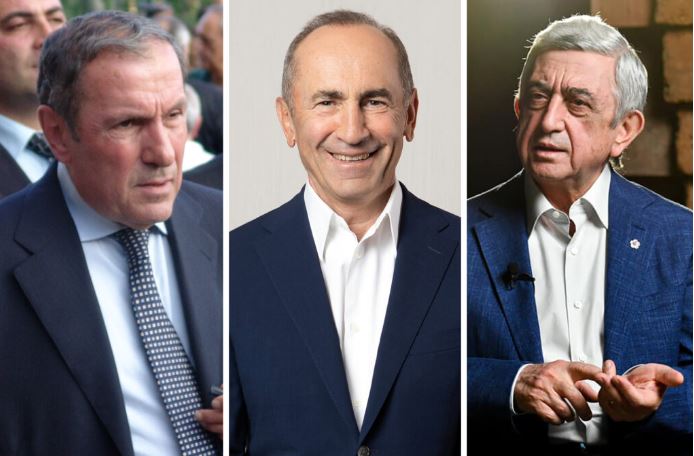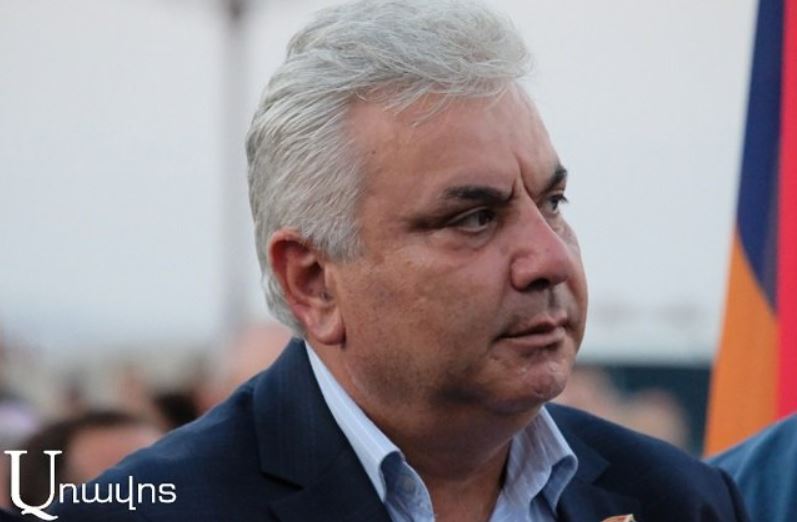The first President of the Republic of Armenia Levon Ter-Petrossian made his next observation, the meaning of which is as follows: if intellectuals once demanded from the government to solve the Artsakh problem through compromise, we would not be in this tragic situation now. Indeed, we had a chance to come to terms with our neighbors on much better terms than we have now, and that chance was also missed because the same intellectuals (essentially the same academics and professors) saw that chance as nationalism and defeatism. Of course, the first president is right in noting that.
But if such an observation is made not only by a scientist, a historian (or, say, a political scientist, a publicist, a journalist), but also by the leader of a political party, then, I think, he should not be limited to such statements: “if this happened, it would have been better.” I also notice the predominance of this constant retrospective among the members of the ANC and many of Ter-Petrossian supporters, but that correct recording is not a political program, the past tense of conditional weather can not be the basis of such a program. The worst has already happened, although a member of the Civil Contract says that he lives in the Armenia of his dreams, I think that most Armenians do not agree with him in this regard.
Agreeing with Ter-Petrossian again, I also think that the parliamentary majority and the minority are just fighting to keep or take power and are not guided by state interests. Therefore, the formulation of that interest should be expected from other forces. At the same time, we must answer the question why these “other forces” received about 20% of the votes of the citizens who participated in the elections in 2021, and the Armenian National Congress received only 19,691 votes, including mine. Were the election results falsified, or are the majority of voters also far from the state interest? Perhaps one of the reasons is that most of the extra-parliamentary forces repeated and continue to repeat the propaganda theses of the government and focus on the “former regime,” again in the same conditional way: “If the former had not stolen, everything would have been fine.”
The problem with all political forces is probably that they need to get out of the conditional paradigm. Of course, the analysis of the past is very necessary, but if it is not done for purely academic purposes, then, I think, analysis should be done in terms of what to do today and tomorrow.
Read also
Aram Abrahamyan























































